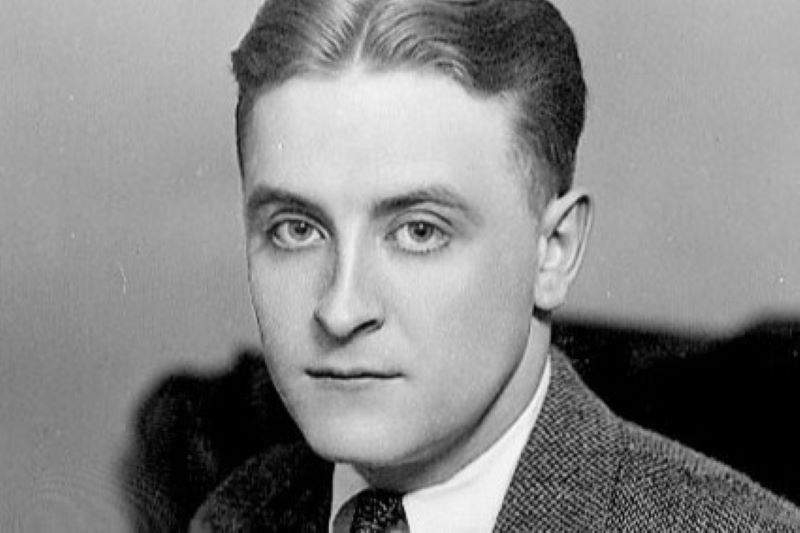Time was in Ireland when we used to bring tourists to stay in haunted castles. These days we have haunted houses of a different kind, so-called ghost estates on the outskirts of many towns around Ireland. And they're not the kind of places that tourists would want to stay in.
The new ghost estates don't actually have ghosts. They're called ghost estates because they're empty.
They are the many developments of houses and apartments built during the construction boom here which now can't be sold. And they seem to be everywhere.
They vary in size from a few dozen houses to big estates with hundreds of units, but they all have the same look of abandonment, with unsold units, half finished units, estate roads that end suddenly in dirt tracks, and piles of rubble left behind when the builder went bust.
In many of them just a few units have been sold and the residents exist in a kind of zombie land, where they often have whole streets to themselves and the only life is the weeds growing up through the unfinished pavements.
At night they have an eerie atmosphere and little lighting. It's no wonder people call them ghost estates.
They're haunted all right -- haunted by the ghost of the Celtic Tiger.
I was at a funeral last week in Deansgrange Cemetery on the Southside of Dublin. We went slowly through Leopardstown Road and later on to Sandyford, areas that used to epitomize the affluence of the Celtic Tiger, full of new apartment blocks and swish office towers with modern architectural flourishes. These are the places where people thought nothing of paying half a million for a large apartment.
We passed blocks of apartments which were almost empty, and office blocks which were completely empty and had tattered. “To Let” signs across their facades.
It was clear these apartments and offices had been unoccupied since they were built a year or two ago. And this was on the fashionable Southside of Dublin, where property once seemed like a no-brainer for the investor.
It's as bad on the unfashionable Northside of the city. A few miles in from the coast where I live is one development that typifies how crazy it got here during the boom.
A vast billion euro development of hundreds of houses and apartments, it's called Belmayne. It was launched a few years ago at the height of the property boom and attracted a lot of attention because of the sexy advertising used to suggest it was offering a sophisticated new lifestyle, in which leggy models would be draped all over your furniture.
What it actually offered was a home in a bleak area close to the M50 beltway around Dublin beside some of the most deprived housing estates on the tough Northside of the city (where there was another murder last weekend). They did sell some units -- and then the property crash kicked in.
Today just 40% of the planned 2,650 houses and apartments are occupied, even though parts of the estate were completed more than two years ago. The builder is bust and the bizarrely named Belmayne may never be finished properly.
Families who bought there have few of the facilities they were promised. Investors are letting to out of work immigrants at minimal rent.
Prices have almost halved, and everyone is deep in negative equity. It's only half finished and it's a sad, lonely place to visit.
There are smaller but similar new estates not just in Dublin, but in all the cities and many of the bigger towns around the country. The problem is particularly bad in towns within a couple of hours commuting distance from Dublin. There you find forlorn, empty estates of houses in what was farmland around these towns.
Even worse -- a real sign we went crazy -- apartment blocks were built on the edges of these sleepy towns and villages even though there was plenty of land around to build houses. Why? Because the developers could make more money from apartments, and there were enough Celtic Tiger cubs commuting from Dublin to buy them at a quarter of a million each.
Until the crash, that is. Now they are all ghost estates haunted by the ghosts of the construction bubble.
How many houses in Ireland are lying vacant? The latest figures show that there's nobody living in 18% of all the houses in the country -- almost one in five. And the problem is getting worse, as about 500 new homes per week are still being added as developers complete some estates in better areas.
These new homes in mature areas with good facilities will eventually sell. But the vast backlog of unsold units in unwanted areas in cities or remote country towns will never sell, or at least not in the foreseeable future. In some places they are thinking of knocking them and returning the land to farming.
In many commuter towns there are other problems because the local councils won't take over the estates to provide street lighting, sewage connections and other public services, until the estates have been completed in accordance with the planning permission. In many cases the builders have gone bust and residents are left in half finished estates with no services.
In some apartment developments in Dublin and other cities where a lot of the units are unsold, residents find that they are being loaded with management charges for the whole building, or that maintenance is not provided at all and their development soon starts to deteriorate.
It's a mess. And it's a mess with no solution in sight because in spite of some efforts to talk the market back into life, the reality is that the overhang of unsold units will last for four or five years, and in the meantime property prices will fall even further before they start to stabilize.
For most of us who bought our houses 10 years ago or more it's not a problem. It simply means that our pile of bricks is now worth quarter of a million instead of half a million, which is still a lot more than we paid for it.
The people who are really screwed are the younger ones who bought over the past two to four years when the bubble was at its biggest, and they paid half a million (with a mortgage) for a home that's now worth quarter of a million. These young couples work around the clock to pay their negative equity mortgages and pray they don't lose their jobs in the recession.
What all of this means is that the property market is unlikely to recover any time soon. And it's not just domestic property that has collapsed.
The commercial property market -- office blocks, shopping malls, industrial estates, hotels and so on -- has fallen just as much and has a similar overhang of unwanted and unoccupied buildings. The recession has hit commercial property hard.
It's worse here than elsewhere because during the Celtic Tiger madness we built far too much of it. Some estimates are that we have around 40% more office space than we need -- a recent survey revealed that Dublin has the highest percentage of vacant office space of 22 European cities.
And the tax driven incentives to build hotels mean that we now have an estimated 12,000 hotel rooms more than we will need even if tourism grows strongly. That's a lot of hotels we need to close down. One high profile hotel on Dublin's Southside closed a week ago, and others will go the same way.
The collapsing property market has, of course, almost wiped out the Irish banks, which had to be saved by the Irish government. It's also wiped out some of the country's biggest developers, the billionaire boys who got unimaginably rich through the construction boom, thanks to the easy credit the banks gave them.
Some of them were foolish -- or crazy -- enough to have given personal guarantees, and they now face losing everything as their former buddies in the banks turn nasty.
One of them was on the TV news here last week, a broken man admitting that he had misjudged the market and that he was now broke. He's not the only one. About half a dozen of these tycoons are in the same boat, having paid hundreds of millions at the top of the market to buy sites and build apartment blocks and housing estates that now cannot be sold.
The banks are likely to pursue them for their personal assets where they can, even though that will recoup only a fraction of the billion or so that some of them owe. Some of them could even lose their homes as well as their limos. How the mighty have fallen.
News / 300,000 houses lying empty in Ireland, including 200 'ghost estates' / Click here
News / House prices at record low in Ireland / Click here




Comments